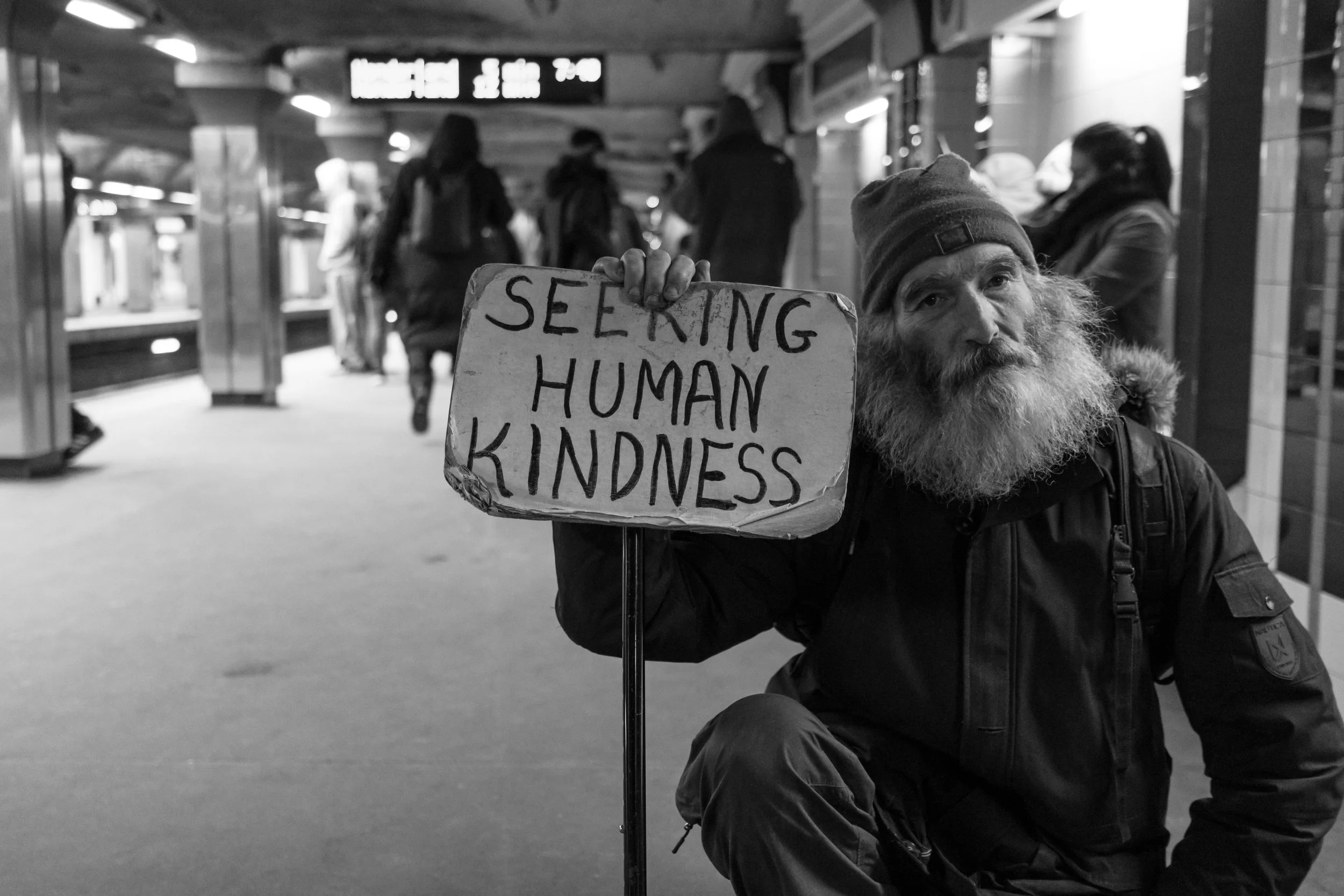Simple Thoughts on Compassion
In the aftermath of the turmoil in 2020, our nation has experienced heightened division and polarization. I've witnessed families and friends cease communication due to differing views, and the prevalence of cancel culture has further exacerbated the divide. With recent geopolitical events stoking these flames, social media is flooded with passionate, opposing viewpoints, accompanied by accusations of ignorance, phobia, or even racism. In these times of pain and fear, let's reflect on the practice of compassion.
Understanding the Root of Division: Fear, a Common Denominator
Fear is a foundational driver of division and polarization. Historically, fear has been employed as a tool for control and oppression, and it remains present today. When we are divided, our collective strength weakens. Fear is a natural human emotion; it can protect us when appropriate, but an excess of fear can paralyze. Common fears include the fear of history repeating itself, fear of the unknown, fear of perceived failure, fear of the other, and the fear of death.
The Practice of Compassion
Defining Compassion:
The Oxford Dictionary defines compassion as "sympathetic pity and concern for the sufferings or misfortunes of others." As compassionate individuals, we do not discriminate in offering compassion; we extend it to all, recognizing this as a fundamental aspect of our shared humanity.
Photo by Tim Marshall on Unsplash
Compassion as an Unconditional Virtue
Compassion is a virtue bestowed unconditionally. We practice compassion without expecting reciprocation because it's not a debt to be repaid. Expectations diminish the purity of compassion. Compassion is like kindness; we bestow it because it fills our hearts, not because we anticipate something in return.
The Power of Love Over Hate
Martin Luther King Jr. wisely observed, "Darkness cannot drive out darkness; only light can do that. Hate cannot drive out hate; only love can do that." Compassion arises from love, a powerful force that dissolves hatred. It's challenging to harbor animosity toward someone who has consistently shown kindness and compassion. This practice can initiate a ripple effect, infusing love into the world.
Compassion for Self
Compassion extends not only to others but also to ourselves. We acknowledge our imperfections because we are, after all, only human. Even when we err, we deserve the opportunity to learn from our mistakes, just like everyone else. Mistakes serve as invaluable teachers, shaping who we become. Often, we are our harshest critics. Therefore, granting ourselves compassion and understanding is essential. Give yourself the grace to learn from past selves and journey toward a path of love, positivity, and kindness.
Be the Change You Wish to See
Mahatma Gandhi's words resonate: "Be the change you want to see." Instead of letting the world's flaws consume you and leading to judgment, endeavor to instigate the change you desire. This age-old wisdom reminds us to be proactive in creating a better world.
Practicing Mindfulness
Mindfulness is a valuable practice. If a situation triggers negativity, fosters destructive thoughts, or fuels judgment toward others, it's wise to step back. Spend time in nature, meditate, practice yoga, or disconnect from social media—whatever helps you reconnect with your values, sense of self, and desired persona. Re-engage with renewed mental health and personal energy.
Photo by Matt Collamer on Unsplash
The Profound Impact of Compassion
This message might sound cliché or overly simplified, but it truly is that straightforward. Compassion is a virtuous practice that nurtures both individuals and communities, fostering inner well-being and cultivating a brighter world.
Sage Advice
Listen with ears of tolerance! See through the eyes of compassion! Speak with the language of love!
Rumi




